Iqbal and Western Philosophers (Part Four)
One of the many orientalists whom Iqbal admired the most was Goethe (1796-1869). In fact, it was admitted by Iqbal himself that in writing the Payam-i-Mashriq he was inspired by Goethe’s famous collection of poems, ‘West-Oestlicher Divan’ (1818) (The West’s Admiration on the East). To Iqbal, Goethe was fair in his criticism of the West of its dominance of the Orient. Goethe’s appeal to the Orient through his Divan was to take a lead in showing the true meaning of spirituality, the real essence of love, faith and conviction to the Occident (Ali, 1988).
After a century, the call that was made by Goethe for the East to inspire the West was finally answered by Iqbal, who not only read the Divan but also Faust and other works of Goethe. Iqbal responded to the many issues raised by Goethe, who had a high appreciation and admiration for the people of the East, by writing the Payam-i-Mashriq. It has been said that, although both Iqbal and Goethe lived at different times, they had many similarities. Some of the most obvious similarities that have been highlighted by Abdul Hadi W. M. in his introduction to Iqbal’s (1985) Payam-i-Mashriq in the Indonesian version are:
- As poets, they paid great attention to the many issues related to human life.
- Both were barristers at law, statesmen, humanists, religious and moralists at the same time.
- Though both poets dealt with the topic on religiosity in their poetry, they suggested practical solution in solving the problems of humanity than just presenting abstract ideas through their poetry.
- Both poets were critical on the development of human civilization during their time as people were more inclined to follow rational, utilitarian and materialist philosophies.
- They were interested in the events of the past which were part of history, and the unfolding of events during their times.
- Both liked mysticism and were great admirers of Jalaluddin Rumi.
- They were deemed as the ‘spiritual father’ of their countries (Iqbal in Pakistan and Goethe in Germany)
- They viewed man as a dynamic personality.
- They were ardent critics of Western colonization of the East.
- Both appeared as poets at a time when their countries were going through difficult times (Germany was attacked recklessly by Napoleon and India was faced with its unsettled issues in the areas of its national education, economy, culture, arts, law, etc) (v-x).
Besides Goethe, Iqbal was one of those Muslim scholars who had a good understanding of the works of the German philosopher, Nietzsche (1844-1900). Even though Nietzsche rattled Europe with his atheistic slogan of ‘God is Dead’, there were certain aspects of his philosophy and his personality that were admired by Iqbal. Nietzsche’s critical appraisal of the West and his thought-provoking writings on the Western trend of life were much appreciated by Iqbal. He once wrote the following remarks on Nietzsche:
Nietzsche saw the decadence of the human type around him, disclosed the subtle forces that had been working for it, and finally attempted to adumbrate the type of life adequate to the task of our planet. ‘Not how man is preserved, but how man is surpassed’. (Iqbal, 1992: 153).
As a keen reader of Nietzsche’s philosophy, Iqbal has referred to this philosopher of the West, in many of his philosophical writings and poems. In realizing this fondness of Iqbal in referring to Nietzsche in his writings, quite a number of Muslim scholars have highlighted the fact that there exists some sort of parallelism between Nietzsche and Iqbal in certain aspects of their philosophical thoughts. One such obvious similarity can be seen in their concept of an ideal personality. In describing this concept of the arrival of an ideal personality as a saviour of mankind, Nietzsche uses the concept of ‘Ubermench’, while Iqbal making the Prophet of Islam a role model, describes his concept of an ideal personality by using the term ‘Insān al-Kāmil’”.
Besides Nietzsche, Iqbal also has some similarities with the French philosopher, Henri Bergson (1859-1941). Both of them agree on the principle that philosophical matters could not be solved with the power of reasoning, but with the power of intuition. Bergson’s philosophy on ‘Elan Vital’ (creative energy) has some similarities with Iqbal’s concept of the ‘Creative Effort’. Upon analysis, one would discover that the two concepts are not the same. Bergson’s ‘Elan Vital’ is a blind force and a non-observable one which takes us recklessly anywhere without any aim. In contrast, Iqbal’s ‘Creative Effort’ has uniformity with human thought and intelligence. It also has a definite object and it is orientated towards a goal (Mohd Abbas, 1992).
Any research on Iqbal’s philosophy will reveal the undeniable fact that his philosophy is a fusion of ideas taken from the philosophers of the East and the West. In his ‘Stray Reflection’ (1992), Iqbal himself acknowledged and appreciated the fact that he had gained knowledge from the poets and philosophers of the East and the West. The following is one among the many quotes found in that book whereby Iqbal admitted the contribution of others to the structure of his thoughts:
I confess I owe a great deal to Hegel, Goethe, Mirza Ghalib, Mirza Abdul Qadir Bedil and Wordsworth. The first two led me into the ‘inside’ of things; the third and fourth taught me how to remain oriental in spirit and expression after having assimilated foreign ideals of poetry, and the last saved me from atheism in my student days (Iqbal, 1992: 61).
Other than Nietzsche and Henri Bergson there were many other Western philosophers whom Iqbal admired, namely Immanuel Kant (1724-1804), William James (1842-1910) and Mc Taggart (1866-1925), but their influence on his philosophical foundation was not so intense. The reason why Iqbal liked these Western philosophers was none other than for their research-oriented thinking, boldness, dynamism and creative intelligence. Getting to know them, either through their writings or in person, had created an impact on Iqbal’s scholarly life. Even though Iqbal admired and emulated the good qualities seen in some of the Western philosophers, without fail he highlighted to them the faults and loopholes found in their system of philosophy and education, which are devoid of religious and spiritual essence. Below here are a few lines of his poem that criticize the West:
The European man of wisdom does not possess a wakeful heart, although he possesses a wakeful eye (Bazm-i-Iqbal, 1969: 510)
Believe me, Europe to-day is the greatest hindrance in the way of man’s ethical advancement (Iqbal, 1953: xii).
Iqbal in his opinion on the Western culture felt that it deprives the European man of his vision and soul for spiritual life. As such, Iqbal further ventured on to think that this modern European culture has lost its piety in the race for modernization. As a result, this loss of piety has caused his soul, purity of conscience, high thinking and refined taste to disappear from his life. In another place in his poetry, Iqbal made the following statement:
The East perceived God and failed to perceive the world
The West lost itself in the World and fled from God!
To open the eyes on God is worship!
To see oneself unveiled is life (Iqbal and Saiyidain, 1995: 19).
K.G. Saiyidain (1977) whom Iqbal acknowledged as a scholar who had precisely captured his thoughts and his philosophy of education in his book: Iqbal’s Educational Philosophy wrote the following comments with regard to Iqbal’s attitude towards the West:
He readily welcomes their spirit of research, their sciences, their strenuous striving to gain control of their environment. But he would certainly repudiate the merely superficial and sensational aspects of their civilization because they tend to weaken our self-respect, run contrary to some of our basic cultural values and give us an entirely false sense of being modern and progressive (23).
About author:
Dr.Mohd Abbas Abdul Razak is Assistant Professor, Dept. of Fundamental & Inter Disciplinary Studies Kulliyyah of Islamic Revealed Knowledge & Human Sciences, IIUM.
Disclaimer
The views expressed in this article are the author’s own and do not necessarily mirror Islamonweb’s editorial stance.

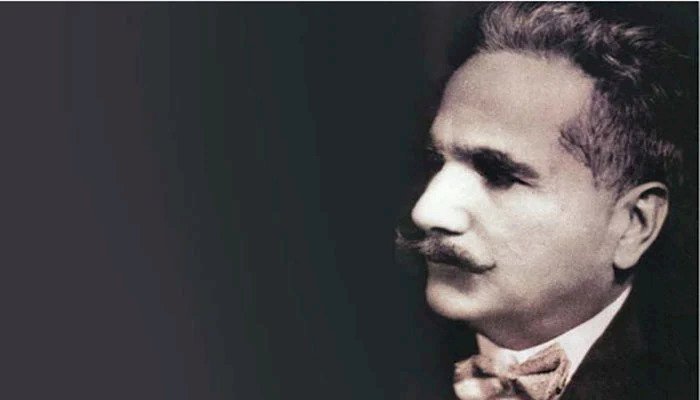


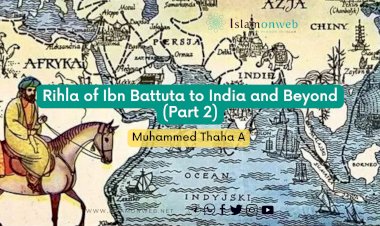
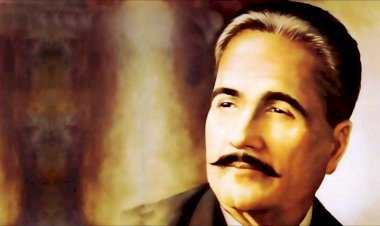
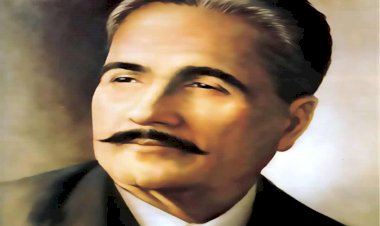
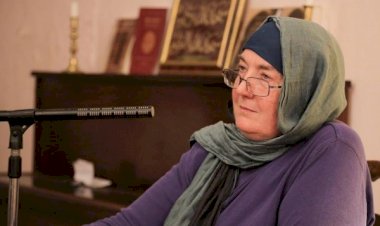
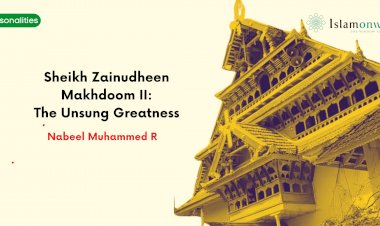
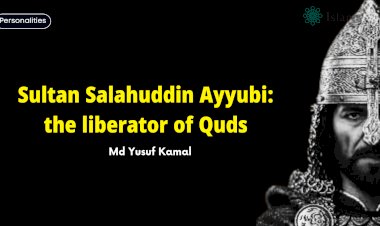














Leave A Comment